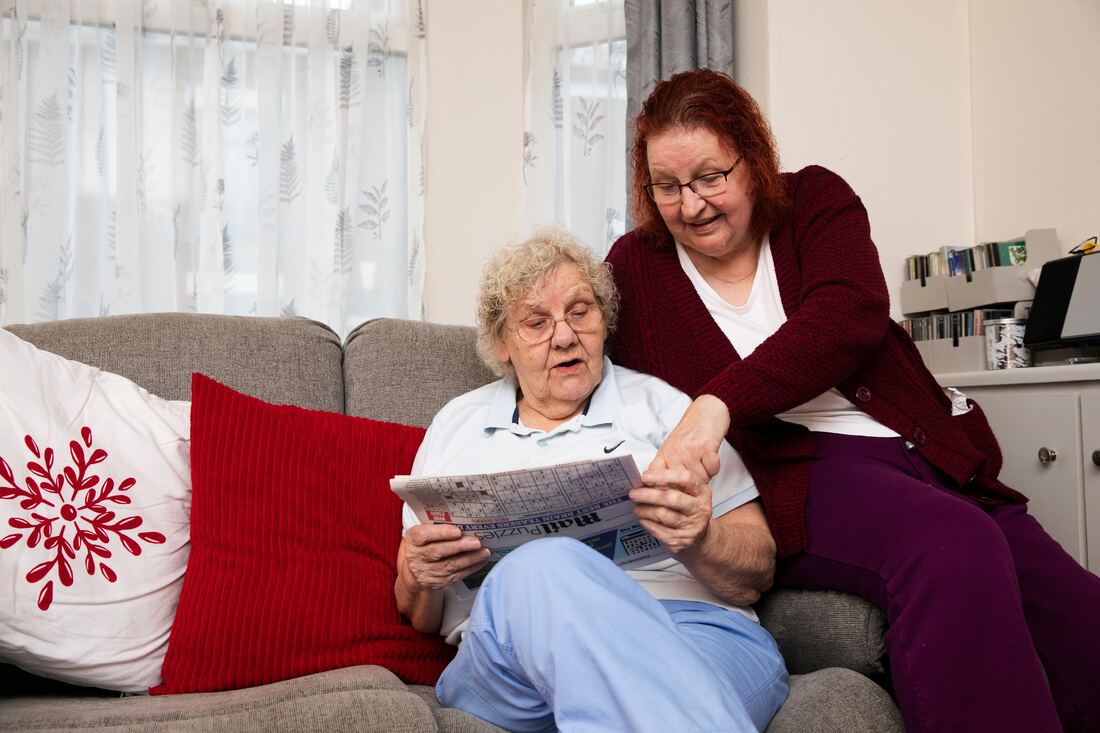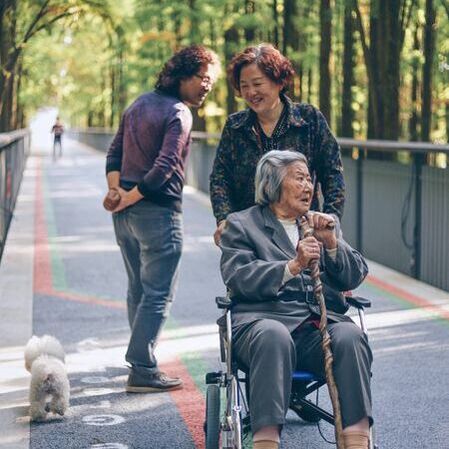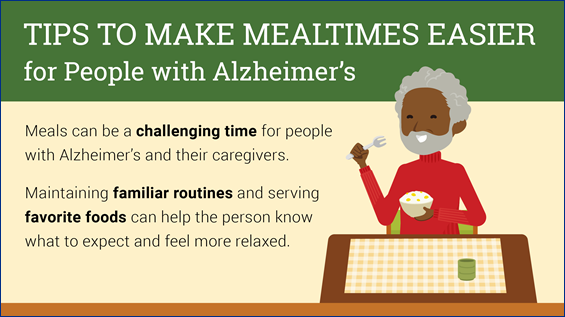|
0 Comments
Between 2015 and 2020, the number of unpaid caregivers in the United States increased from 43.5 million to 53 million, and one in five of those care for family members. According to a Pew Research Center study, the most significant percentage, 44%, provides care for aging parents. Of that percentage, there’s little information regarding siblings that share the responsibility of caring for parents.
Adult day programs improve quality of life for seniors and caregivers
When your older adult can’t safely be alone all day on their own or if they feel lonely or isolated, consider enrolling them in an adult day program. Adult day programs can help an older adult remain at home longer – delaying the need to move to assisted living. They also allow seniors to socialize while getting the care they need. Day programs are also a great way for caregivers to get much-needed breaks to reduce stress and prevent burnout so your own health doesn’t significantly decline while caregiving. They can be especially helpful if you work full time outside of the home and your older adult needs affordable care during the day. We explain what adult day programs are, how they help seniors live at home longer, who would do well in these programs, how they help caregivers, and how much they cost. Meals can be a challenging time for people with Alzheimer’s disease and their caregivers. However, there are steps caregivers can take to help make mealtimes successful. Consider these tips:
Use the following room-by-room checklist provided by the National Institute on Aging to alert you to potential hazards and to record any changes you need to make to help keep a person with Alzheimer’s disease safe. You can buy products or gadgets necessary for home safety at stores carrying hardware, electronics, medical supplies, and children's items.
To view the checklist, click the button below. Get Alzheimer's caregiving information and advice in this comprehensive, easy-to-read guide produced by the National Institute on Aging. Learn caregiving tips, safety information, common medical problems, and how to care for yourself.
To view or download the guide, click the button below. Alzheimer’s disease is characterized by the buildup of a protein called beta-amyloid, which forms sticky plaques on the brain and can cause brain cells to die. Testing for the presence of these amyloid plaques on the brain is an important part of Alzheimer’s diagnosis and research.
A study, funded in part by NIA, found that a new blood test can accurately predict the presence of beta-amyloid in the brain. The blood test became even more accurate when the research team took into account the version of APOE (a gene linked to Alzheimer’s risk) that each person had. Scientists note that the blood test performs comparably to existing brain scan- or spinal tap-based tests. However, the blood samples used in the study were from majority white, affluent individuals, and may not be generalizable to other demographic groups. Using blood samples will make it easier to screen healthy people for potential enrollment in Alzheimer’s clinical trials and could help lower costs and expand the availability of diagnostic studies for Alzheimer’s. To learn more, click the button below. |
Caregiver
Whether in a medical professional setting or personal homes, Caregivers are caring and caring takes energy, wisdom and compassion. This Caregiver Blog is here to give you insight, encouragement and tools, not just to give care but to survive and thrive while doing it. Archives
July 2023
Categories
All
|



 RSS Feed
RSS Feed
